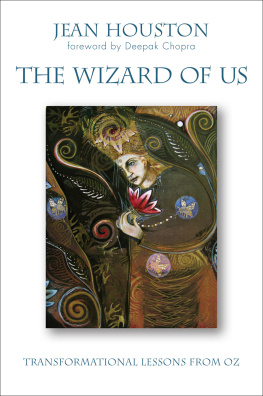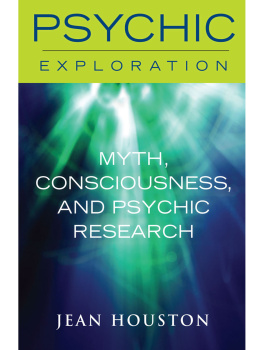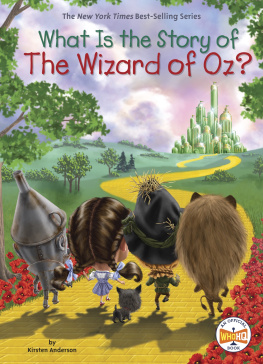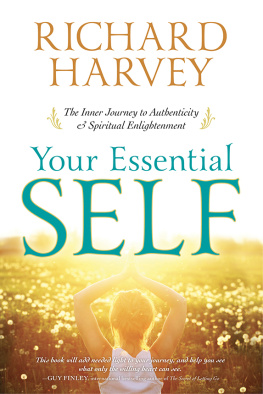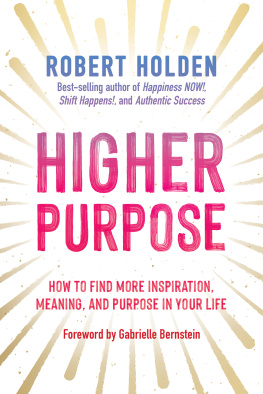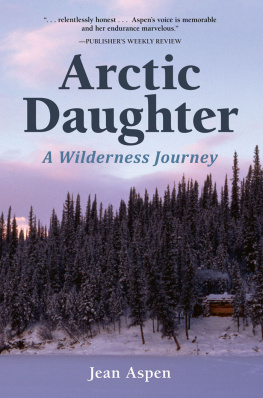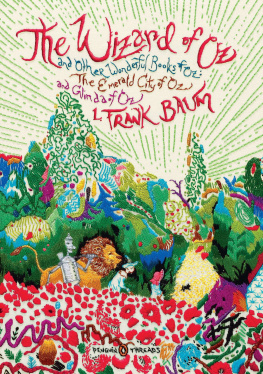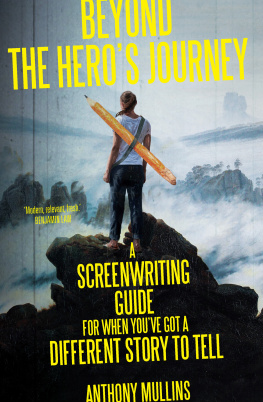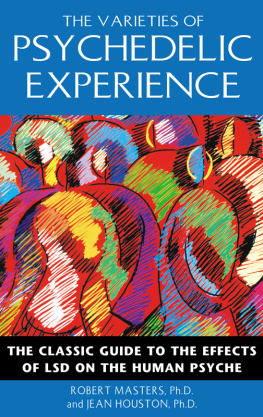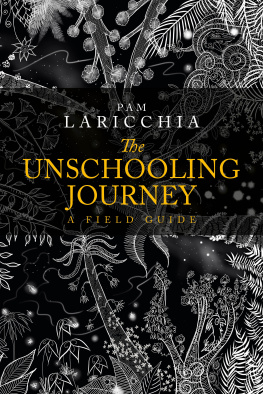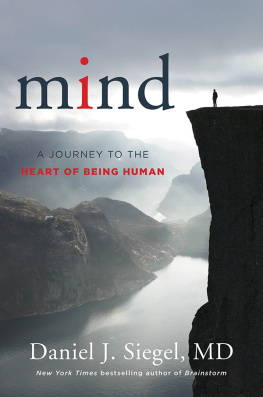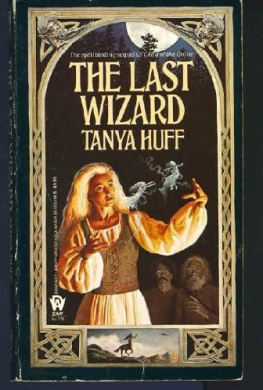
For Diane Nichols,
a wizard of word and laughter
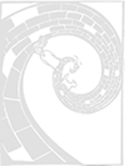
FOREWORD
T his book has a mountain to climb, and Id like to address why the ascent is worth making. We do not believe that we live in mythic times, and we look back on such timeswhen knights sought the Holy Grail and Icarus flew too close to the sunthrough a thick haze. Why myth? Why bother? At best myth flickers in and out of modern life, making it hard to tell whether a candle is sputtering out or a flame is beginning to spark.
We might think that myths are like fairy tales, enjoyed when we are children, yet left behind when the cares of adulthood force us to face hard reality. But there is another, deeper view. The most renowned expert on myth in the recent past was Joseph Campbell, who inspired readers (and millions more viewers who saw the 1988 television documentary series The Power of Myth ) to place themselves at the center of their own personal myth. A man standing on the corner waiting for the light to turn could be the hero of a quest; a woman walking her preschooler to kindergarten could be expressing the eternal feminine.
No one is more capable of giving a complete narrative about myth than Jean Houston, who is passionate and astute about what myth can do. In The Wizard of Us , she amplifies the deeper view of myth through a virtuosic retelling of the beloved childrens story The Wizard of Oz , using the 1939 Hollywood film version starring Judy Garland as her text. Her aim is like Campbells; she wants the reader to see that each life has mythic value. Human beings cannot survive without meaning. Myths are the collective story of what our lives mean. As Houston says, myths are more than old tales; they are codes and roads and maps. Where we wind up on lifes journey depends on the map we carry with us.
And yet, why bother? The mountain of irrelevance towers over myth, and the reasons arent secret. Science has triumphed as the correct way to face reality. Facts are stronger than fairy tales. The imagination cannot rival reason when it comes to making important decisions and facing new challenges. The struggle to establish science on objective findings views subjectivity as the enemy. The world in here is dreamy and unreliable compared to the world of matter and energy out there. In the face of wholesale rejection, the best tactic is to co-opt our opponent. Houston joins a band of farseeing thinkers who declare that there is no split between in here and out there. Reality is whole. The only issue is how you choose to explore it.
Undeniably, all of us explore it through personal experience. Our lives are occupied trying to make sense of reality, and at the heart we cannot help but follow our deep yearnings. To love and be loved fulfills one yearning, but there are others. We yearn to belong, to bond, to be safe, to feel worthwhile, to create, to express ourselves, to know the truth about God. Myth assures us that human beings have been following the same yearnings since the beginning of recorded history. What makes the mythic journey more relevant today than ever before is the hole in our lives, the void created by gazing on a universe ruled by random chance, where human existence is barely a speck in the vastness of space and time. As physics pursues its own Holy Grail, the so-called Theory of Everything that will unite the fundamental forces in Nature, it has sidestepped a Theory of Me, which would be invaluable to the doubting, seeking, confused individual.
And yet again, why bother? Why should myth fill our yearning instead of other avenues, such as organized religion? Pinning your hopes on the heros quest isnt automatically better than pinning your hopes on faith in God. As Houston discusses so intelligently, the only reliable guide is true knowledge. Faith is what we hope to be true, which isnt the same. What myth gets at is true knowledge of the self. The self is the ultimate mystery, because no matter where you grab hold, it shifts, expands, evolves, evaporates, and leaks off into shadows down below and light up above. If myth accomplishes only one thing, it is to expose human beings as multidimensional creatures. Houston brilliantly shows that we can start anywhere, including a farmhouse in Kansas, and wind up in a transcendent world.
Truth is a word shot full of holes by skepticism. Myth lays claim to truth anyway, not because your life, and mine, is like a quest but because it is a quest. We want to write our own story, to be its author, not to be the pawn of fate, chance, or even God or the gods. No one volunteers to be insignificant. No one yearns to be powerless and without purpose. The self craves one thing: to express its potential. Looking outside ourselves, we confront limited possibilities; looking inside, the possibilities expand as far as the mind can see. From hidden, invisible possibilities, people create their life story, amalgamated from vision, dream, fear, hope, belief, desire, and expectation.
Its an unstable mixture, and there are no fixed formulas for success. When people shrug off myth (as they might shrug off art, philosophy, or spirituality) because its too soft to be useful in a hard world, they have turned things upside down. Hard reality is fixed, resistant, unyielding, and full of obstacles. We cant penetrate it; we can only adapt to it, and probably surrender in the end. Soft reality is flexible, always changing, shaped by desire, and ruled by the mind. Soft reality is more real than hard reality. It is dynamic; it lives and grows. It takes us closer to the source, the womb of creation. Myth explains how soft reality works. It unfolds the mystery touched upon by noted physicist Freeman Dyson when he said, I have found a universe growing without limit in richness and complexity, a universe of life surviving forever and making itself known to its neighbors across unimaginable gulfs of space and time.... life and intelligence can succeed in molding this universe of ours to their own purpose.
There is the key: we have created a human universe. Reality is a mirror. Behind the mask of a cosmic machine whose parts can only be tinkered with, the universe is humanized. There is no other way it can exist, in fact, since nothing out there can be experienced except in our own consciousness. Every life story follows the trail pioneered by physicist David Bohm, among others, when he wrote, In some sense man is a microcosm of the universe; therefore what man is, is a clue to the universe. Exactly. This is a scientific way of affirming mythic truth.
In one important area Jean Houston betters Joseph Campbellshe makes myth livable. The practical side of this book lies in the Process sections of The Wizard of Us. To be the author of our own story, we have to get to work. The kind of work needed is inner work first, but transformation in here leads to results in the outer world as well.
I hope Ive addressed the mountain that confronts us, and why the ascent is worth making. Jean Houston argues passionately that nothing else matters as much, since the fate of the planet depends on a collective decision. Humanity must find a way to change the narrative that currently leads to the edge of a precipice. Your art and mine is to author our own lives. Jean Houston makes the journey joyful and optimistic. In the end, will any other impulse ever arrive at the goal?
Deepak Chopra

Next page
